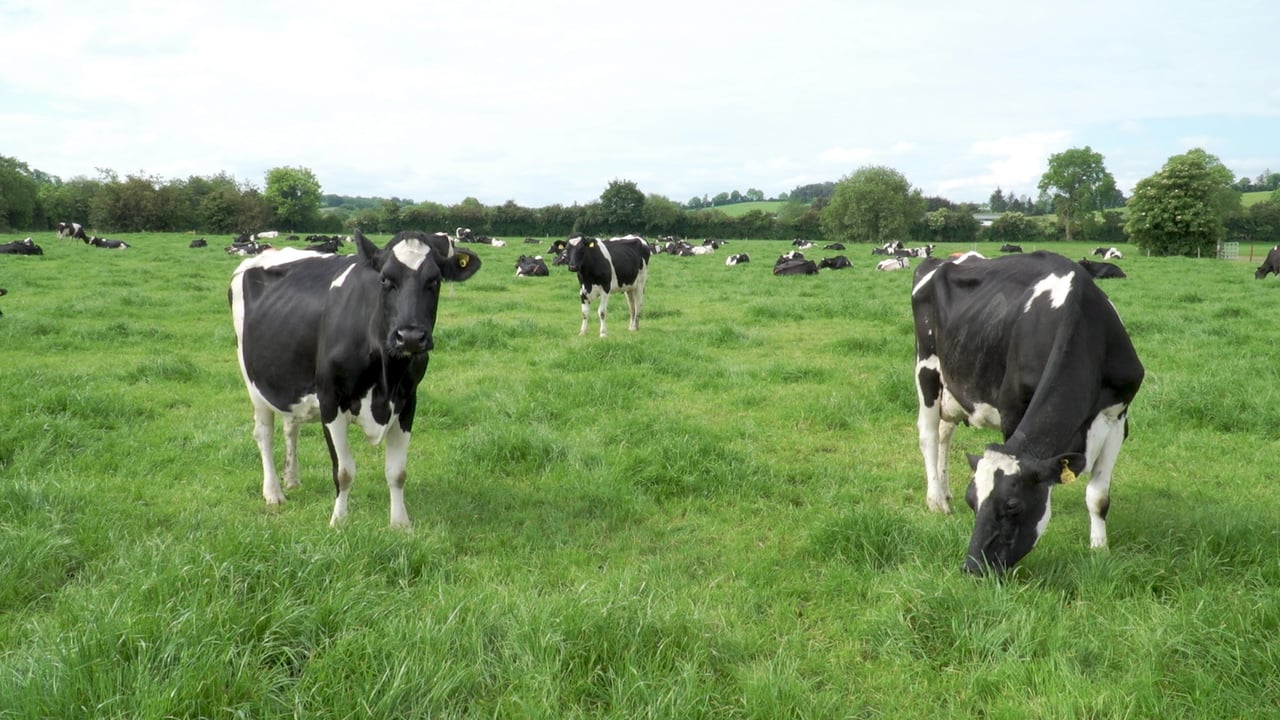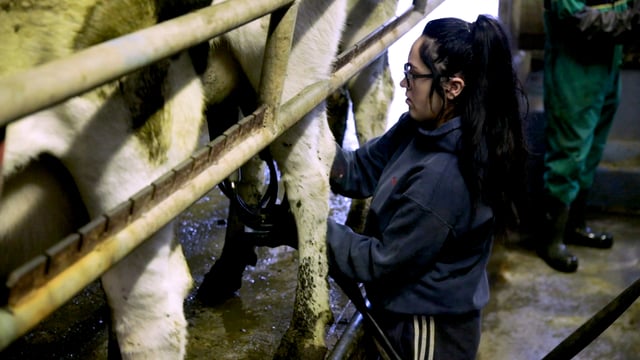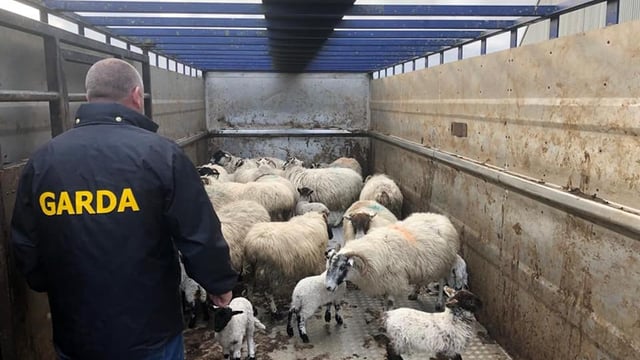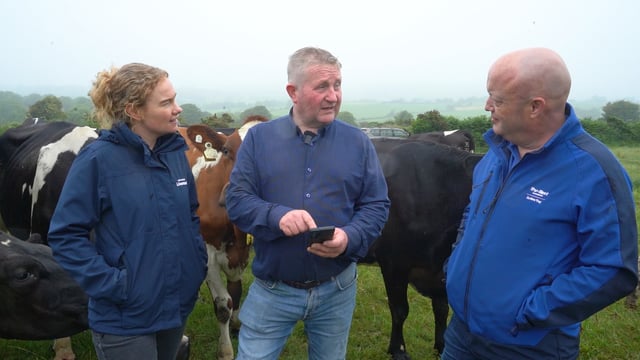Environmental coalitions publish agricultural policy recommendations
Three environment and climate coalitions have today (Tuesday, April 27) published agricultural policy recommendations "that could transform agriculture in Ireland, the sector with the most significant impacts on climate, biodiversity and water".
'Towards a New Agricultural and Food Policy for Ireland', which is the work of over 70 organisations, has been jointly published today by the Environmental Pillar, Stop Climate Chaos and Sustainable Water Network (SWAN).
This comes only days after the Department of Agriculture published its industry-led draft Agri-Food Strategy to 2030.
Environmental NGOs "reluctantly withdrew" from the department's strategy stakeholder committee in February, as they claim "it became clear our concerns were being ignored".
This new report makes recommendations "that will drive down agriculture emissions", while "simultaneously restoring our depleted biodiversity and water bodies".
"These measures can also play a role in revitalising rural and farming communities, who time and time again have been let down by misaligned agricultural policies and roadmaps."
A number of the recommendations from the report include:
The document also calls for Bord Bia’s Origin Green programme to be discontinued "because of the conflict of interest between the marketing aims of the programme and the role of Bord Bia in producing their own sustainability assessments and metrics".
It also calls for a review of "the legal mandate of Teagasc with a view to reorienting its research and advisory activities towards a sustainable agro-ecological model, ensuring that environmental expertise is immediately represented on its board and management".
Karen Cielsielski, coordinator of the Environmental Pillar, said that past policy and strategy "have failed our climate, our biodiversity and our farming community".
"We need a drastic change of course, and we can see the path before us is one that is restorative for both our wildlife and our rural communities," she said.
"We are talking about the future of one of our most important sectors and the future of our very land. Every citizen of this country has a right to have their voice heard on matters of such consequence.
"The public has demanded change, and it’s high time we met the bar they’ve set. We know we can do it, and these recommendations are one of the first steps of actualising it.”
Sadhbh O’Neill, policy coordinator for Stop Climate Chaos described the climate measures in the Agri-Food Strategy as "woefully inadequate".
"That would mean the rest of the economy and society would have to slash emissions by 73% to meet our national target of halving emissions in that time. That’s not fair on anyone and would be particularly hard on low-income households."
Oonagh Duggan, head of advocacy for BirdWatch Ireland and Environmental Pillar representative added that the strategy's “half-hearted proposals" for biodiversity are "a failure to recognise the scale of the biodiversity crisis".
"Agriculture is the main driver of losses of habitats of farmland bird and wild bee populations in Ireland, but it also has the power and funding to address this," she said
"From the basics of enforcing environmental law to safeguarding existing habitats, and protecting and restoring woodland and wetlands, there could be a bright future for nature in Ireland.
"The key is to put this front and centre in agriculture policy and work from there.”
John Brennan, manager of Leitrim Organic Farmers Coop and a member of Talamh Beo said that farmers are "ready to make the transition to a farming system which enhances biological processes, regenerates ecosystems and builds people’s food sovereignty".
He said he believes that the document published today "offers a better future to Irish farmers than a continuation of the agri-business model".
"Ireland has careened down a path of specialisation and intensification and has left farmers locked into an unsustainable commodity-driven food production system, leaving them exposed to an array of vulnerabilities.
"This current model also goes against Ireland’s own legal obligations and undermines its international reputation on food security."





